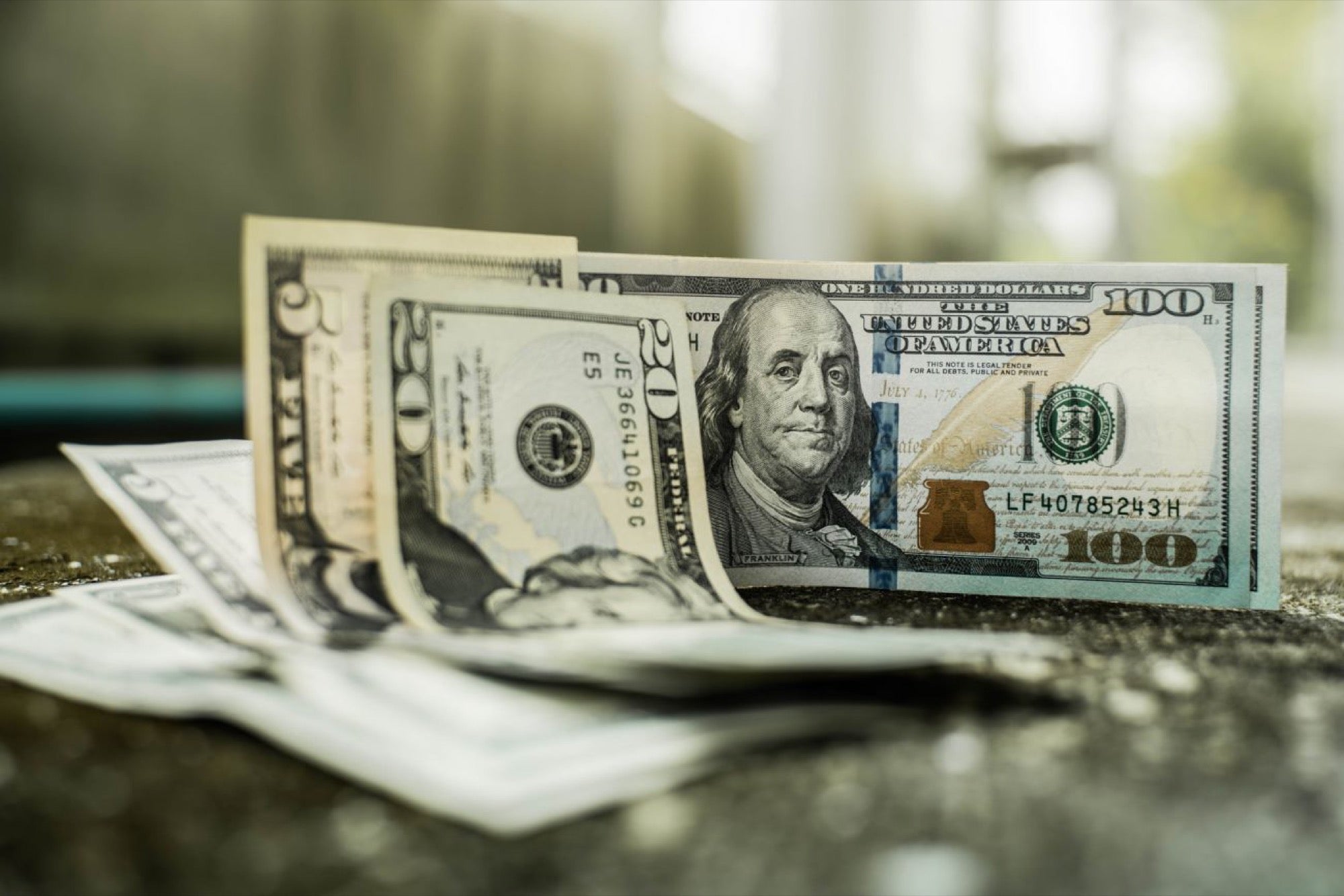Can Your Company Raise Money? Ask These Questions First. To grow, you've got to spend. But where does the money come from?
By Boyd Farrow
This story appears in the January 2018 issue of Entrepreneur. Subscribe »

So you think you're ready to scale. The foundations of your business are solid, revenues are up and word is getting around. Now it's time to grow your team, increase your marketing and maybe even move to a bigger space. Right?
Not necessarily. Scaling isn't just about increasing revenues -- but increasing revenues exponentially, while keeping costs associated with the increased revenue nominal. It seems obvious. But neglecting this fact has sunk countless founders. They overspend on marketing without having proved their product; they bloat their staffs without knowing how those hires will boost revenue; they buy too much inventory. And they run out of money.
Related: If You're Trying to Raise Money, Doing Any of These 9 Things May Scare off Investors
So, what's the best plan for a startup with access to less than $500,000? Don't burn cash the way venture-backed startups do, says Richard Jaffe, managing director at boutique investment bank Avalon Net Worth. Instead, draw up a growth plan and fund it from inside your own business. That may require several different measures.
"First up, before you've maxed out your 10 credit cards and used your house and car as collateral for a bank loan, you need to be looking for money anywhere you can find it, like factoring," he says. That's when a bank or a specialist finance company pays you instantly for invoices you've sent out, and which you expect to be paid in 60 or 90 days. He's seen startups get 70 cents on the dollar; others have gotten 99 cents. To find the right one for you, Jaffe recommends checking out institutions that advertise in your industry's trade magazines, so they're familiar with your market.
Some startups may need to also get some asset-based loans, using inventory as collateral. Your lender may realize that, say, your 35 tons of cocoa is valuable, but it will be even more valuable as bars of chocolate. They lend you money against the raw materials, you use that to fund production and then you use the proceeds from the finished product to pay off the loan and then some.
Depending on your business, you can optimize your liquidity in other ways, too. Jaffe suggests cajoling retailers into paying for orders up front at a discount -- instead of paying you when they sell your product -- or creating a production partnership with a manufacturer. "You could even cut a deal," he says, "under which a supplier only gets paid once you've been paid" by your retailers or customers.
Related: 5 Ways Raising Money Is Just Like Asking for a Date
Why would your partners do any of this? "It is all about how much confidence these other parties have in your product," Jaffe says. "If you have a fantastic product, retailers will want it. Their self-interest will chime with yours."
Matt Jung, president of the New York-based seed accelerator TrendSeeder, points to someone who clearly worked these angles to her advantage: Sarah Kauss, who turned S'well, a reusable water bottle brand, into a company with annual revenues of $100 million after just seven years. "Kauss created a high-quality product, found a way of making it cheaply in China and then sold it at a very good margin," says Jung. And the more bottles she bought, the better her relationship became with her supplier, which gave her leverage to negotiate better terms as needed.
Related: The Ins and Outs of Raising Money From Friends and Family
It's about making sure every dollar you spend contributes to becoming profitable. That, says Jaffe, should save you from trouble later. "Nothing is more exhilarating than growing a successful business from scratch," he says. "You just have to remember that everything takes far longer than you expect -- and costs much more."









